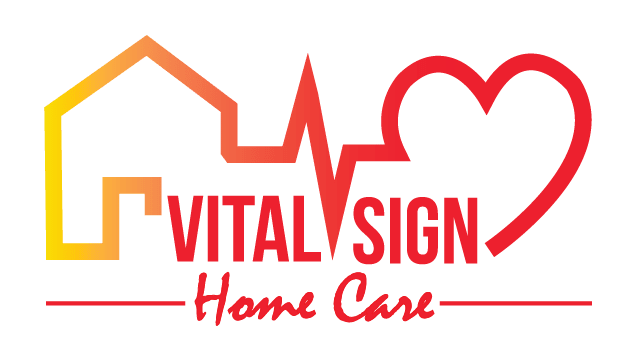How to Recognize The Early Signs of Dementia
Dementia is not a disease that comes on suddenly. It causes a slow decline in the ability to reason, think, and remember things. For older people and their family members, Alzheimer’s or dementia is an ongoing worry and concern because there are unknowns and fear associated with the disease. This post discusses what the early signs of dementia look like and how they differ from aging.
Knowing What’s Related to Age
The most common question people have when it comes to dementia is what is the difference between normal age-related changes in memory and not normal? Normal signs of aging tend to be fairly subtle, like simple forgetfulness. Forgetting dates, names, and where an item like keys or a wallet went all fall under this category. As people age, they can recall:
- Events from years earlier
- General knowledge
- Ability to perform tasks
But being able to learn new information and recall it is typically harder to do with age. Language is also affected by normal aging. Older adults might have difficulty finding words that are normally on the tip of the tongue and their ability to process information and problem-solving, as well as reaction time, can be impacted by age. In general, these signs of aging do not interfere with a loved one’s ability to live their life from day to day.
Why Early Diagnosis is Important
Facing Alzheimer’s or dementia is scary for an older person and the people who love them. Older adults who receive an early diagnosis are shown to have better health outcomes and benefit from treatment. In some cases, a loved one may see changes in themselves before anyone else, and in others family and friends might see changes first.
Disruptive Memory Loss
Disruptive memory loss is an early sign of Alzheimer’s and dementia. It starts out small, like a symptom of normal aging. Your loved one will forget information that they recently learned like names, dates, and events constantly. They may ask for the same information repeatedly and need to rely on tools like notes or electronic reminders to help remember what they can’t remember on their own.
Problem-Solving Challenges and Familiar Tasks
Some challenges with problem-solving are normal with age. But people with early dementia have trouble with planning or working with numbers. An example of this is not being able to keep track of their bills, following a recipe that they’ve made multiple times. Concentrating might be harder for a loved one, and it might take them longer to do things than before. This includes daily tasks.
Your loved one may struggle with driving somewhere they’ve gone to before regularly. An inability to make a grocery list, put the right amount of laundry detergent in the washer, and not completing other tasks of daily living like meal preparation or basic cleaning may be a sign of dementia.
Vision and Spacial Relationships
Vision problems can be an early indication of Alzheimer’s for some older adults. They might have difficulty judging distances, colors, or contrast. This can affect being able to drive. Trouble with reading or balance may also be a symptom of something beyond the normal course of aging.
Confusing Time and Place
Everyone has gotten the date or wrong for a meeting or an appointment. But for some who have Alzheimer’s or dementia, they may not realize that they have to be some place or that they’ve missed something right away. Some people might forget how they arrived at someplace or forget where they are.
Problems with Speaking or Writing Words
Another early sign of dementia is trouble joining or following a conversation. A loved one might have to stop speaking in mid-sentence and need to start over, or have trouble with their vocabulary or using the wrong word for a familiar object like a wristwatch by calling it a hand-watch.
Leaving Things in Strange Places
While most people have misplaced an item at some point, people with Alzheimer’s and dementia might struggle with the ability to retrace their steps to find something. Family members might find objects in strange places, like a tube of toothpaste in a kitchen drawer.
Older people who are facing an Alzheimer’s or dementia diagnosis need help to support, not only from family and friends, but from the community as well. If you’re searching for a home care agency in and around the Baltimore, Maryland area that cares for older adults in need of support and compassion, look no further than Vital Sign Home Care. Reach out to us today!
Venus had a stroke in 2018, she had no movement on the right side of her body and was unable to speak. Venus has made great progress since then and shows up everyday doing her best. She takes pride in overcoming obstacles and never giving up, which has allowed her to obtain a level of success in healthcare.
- Tips for Exercising with Parkinson’s Disease - November 5, 2024
- What to Know About Senior Self-Care Products - October 17, 2024
- Supporting Seniors as They Navigate Daily Changes - October 3, 2024

